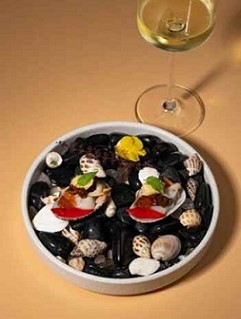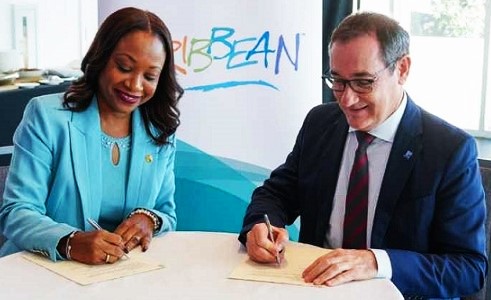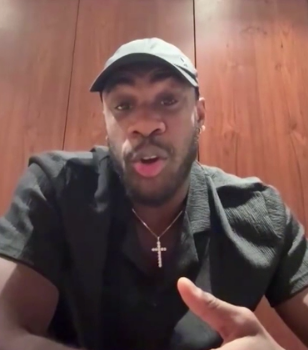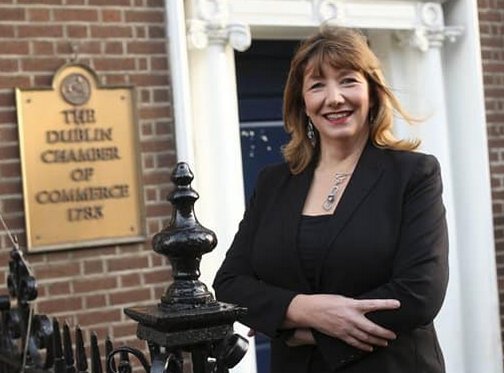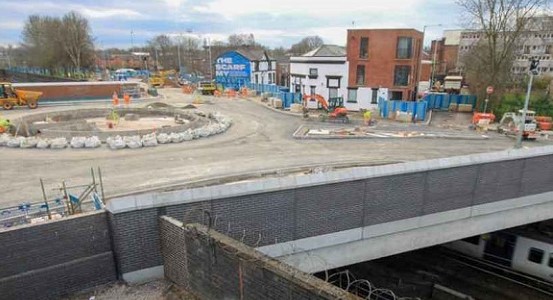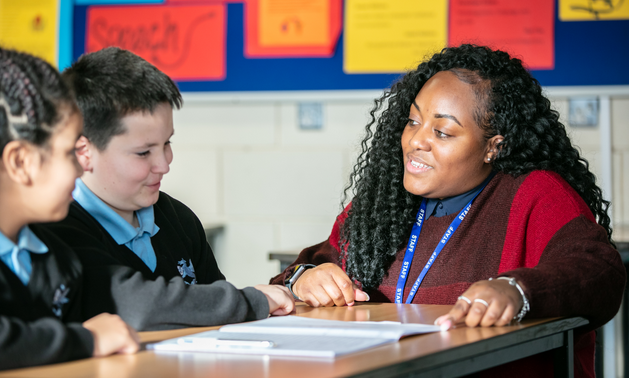Nigeria is set to go to the polls for the long awaited, and controversial, election. With security a real concern, the government has announced the closure of land and sea borders.
The main challenge Goodluck Jonathon and his People's Democratic Party faces is from former military ruler Muhammadu Buhari and the All Progressives Congress.
Peter Okwoche asked the people of Port Harcourt which candidate - and their hat - they will choose. Nigeria has ordered the closure of all its land and sea borders ahead of Saturday's tightly contested elections.
The presidential and parliamentary polls are expected to be the most tightly contested since military rule ended in 1999. Nigeria is also battling an insurgency along its northern-eastern border.
Regional forces have been recapturing territory from the Boko Haram insurgents in the last six weeks. A government statement said the borders would be shut from midnight on Wednesday to midnight on Saturday, local time, to ensure the vote went off peacefully. President Jonathan's PDP party has been in power since 1999 when military rule ended
President Goodluck Jonathan is facing a strong challenge from ex-military ruler Muhammadu Buhari. Thousands of Nigerians who fled the six-year insurgency, and are taking refuge in neighbouring states, would not be able to vote, reports the BBC's Habiba Adamu from the capital, Abuja.
Boko Haram has carried out cross-border raids in Cameroon, Niger and Chad. It has denounced the elections as un-Islamic. A state of emergency is in force in Borno, Yobe and Adamawa, three Nigerian states where Boko Haram is strongest. In the mainly Christian commercial centre of northern Nigeria an exodus is taking place ahead of elections, because of fears of violence.
The main bus station in the Sabon Gari suburb is chaotic as thousands of people cram onto coaches heading to the east or south-west of the country. "Kano is now closing for business because of the fear of the unknown," says the chairman of the bus station. They are anxious to avoid a repeat of the communal violence that followed the vote in 2011 when those from different ethnic or religious groups were singled out for attack, while many northerners in the south are also heading home.
This year most residents of the mainly Muslim city are supporters of opposition candidate Muhammadu Buhari, a Muslim northerner; the people of Sabon Gari are regarded as supporters of incumbent President Goodluck Jonathan, a Christian southerner. The Igbo community, who make up the majority in the Kano suburb set aside for non-Muslim residents, has already shrunk considerably in the last few years because of an Islamist insurgency in the north-east.
The burnt-out carcasses of buses blown up by Boko Haram are visible in Sabon Gari Inspector Garba Jibrin Fagge says he witnessed all three bombings at Sabon Gari's bus station Some bus companies now choose to not park in Kano - they drop passengers and leave Originally from the east of Nigeria, they are an important part of the city's economic success, dominating sectors such as the trade in spare vehicle parts.
"Before, we had up to 50 bus companies working here but due to this insecurity some have decided to withdraw - there are less than 10 now," says Chairman Rufus at the Sabon Gari Motor Park, which has been targeted three times by Boko Haram militants.
He says the same is true in the suburb's market as people have left fearing further attacks. "Business is not flourishing; many have sold their sheds and gone down to areas in the east to do their business." But some feel it is not necessarily the fear that has driven traders away, rather the lack of custom. Sabon Gari has many churches; one was targeted in a bombing last year
Many Christian denominations in Sabon Gari have elaborate names Kano's Central Mosque also came in for attack at the end of last year For Odum Onuigbu, who trades in iron and steel and will be staying in Kano to vote, this has been the biggest problem. "Igbos are hustlers, we go to many states and countries to invest," he says.
"Now businessmen from other countries, like Niger, Chad, Sudan and Cameroon, are no longer coming to Kano, this is why trade is down - because of the insurgency." Telecoms engineer Ike Adiba says the security situation has also made life more expensive. "A lot of 'strangers' have left Kano," he says, using the widely used word for people whose origins do not lie in Kano.
The elections were first scheduled to be held on 14 February 2015, postponed to March 28 due to the on going Boko Haram insurgency in the north-eastern part of the country.







